Why Choose Drupal?
A platform for ambitious digital experiences
Drupal is a piece of open source software, which forms the basis of a Content Management System or CMS. We harness the numerous advantages that such a system offers in terms of security, scalability and flexibility and use it as a stable platform for the websites that we develop for our clients. This doesn't mean that a Drupal website 'looks' like a Drupal website, in fact your website can have exactly the look and feel as well as the functionality that you want, we just use Drupal as a secure platform on which to build.
However, Drupal is much more than just a powerful Content Management System (CMS) ideal for ambitious web projects. It can act as a framework for a wide variety of sites, from smaller start ups right the way through to large corporate websites.
On this page we’ll take a closer look at some of Drupal's features to help you decide if Drupal is right for you!

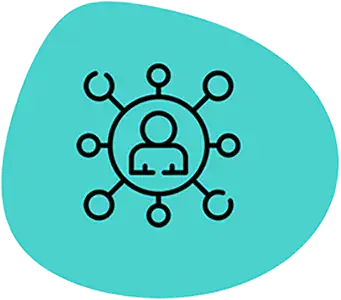
Open Source
Contribute Modules
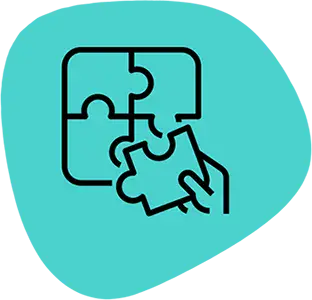
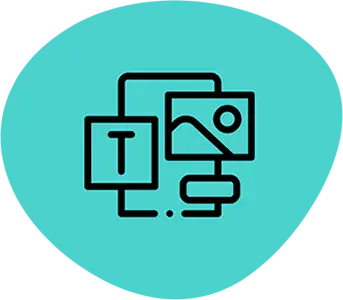
Simple Theming
Highly Scalable & Easily Extendable
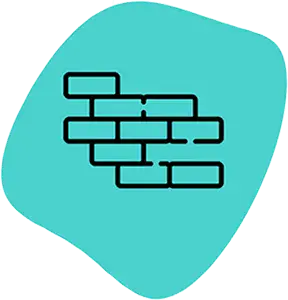
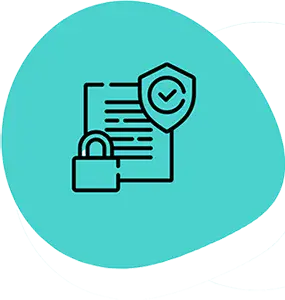
Security
Easy Content Authoring & Media Management
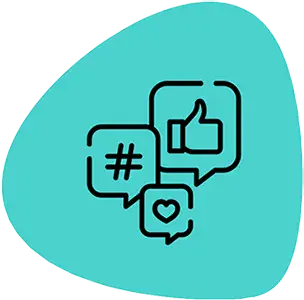
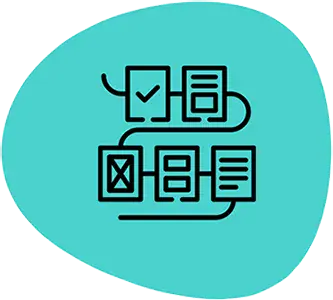
Multisite
Drupal allows for multiple sites to be hosted on the same codebase, meaning that you can run any number of similar sites without them having to have their own Drupal installation. Each site will be unique and have its own content and settings but will share the same underlying code with the other sites. When building sites for multiple brands, for example, you can save significant time and cost compared to running full design-and-build projects for each brand.
A good example of this is our system for the Conservative Party where we have hundreds of sites which all sit on the same platform. Also our work with Radiodetection where we host multiple sites on the same codebase.
Multilingual

Learn more
Read our collection of essential content on subjects like SEO, performance and specific functionalities
Drupaling in the community
We love to support our Drupal Community. These are some of the key things we do.
Drupal Certified Partners
ComputerMinds have always been supporting members of the Drupal Organisation, and are currently Drupal Certified Partners. This status signifies our valued status as genuine and significant contributors to the Drupal project.
The Drupal Association are responsible for fostering and supporting the Drupal software project, the community and its growth. They help organise the many Drupalers around the world, organising events, promotion, funding, infrastructure and collaboration. Being supporters of Drupal means more than just using it to build products, and we're proud to play our part.
Sharing knowledge
We ComputerMinds love to write about our experiments, discoveries, thoughts and ideas. Actively sharing our guides, walkthroughs and ideas with the community helps our fellow developers to learn and grow. Regularly featured on The Weekly Drop, the Drupal community's email newsletter, our works have helped make us well-known amongst Drupal developers. But we're not in it for the publicity; we just love to help Drupal and its community move forward. Take a look for yourself.
Code Contributions
The Open Source world relies on people to not only consume, but to contribute. At ComputerMinds we always encourage our team to share and to contribute their code fixes for both Drupal Core and Contrib modules. Our guys and girls have helped many bugs and features get resolved through the years, and we intend to continue doing our best to help Drupal move forward.
Drupal Camps
Drupal Camps are our way of having a Drupal conference, but with a whole lot more fun! Keynotes, learning streams, coding sessions and social times make for a day or even a weekend of fun, learning and connection. You'll often see ComputerMinds at Drupal camps and events around the UK, and we're proud to have supported Drupal Camp Bristol (just around the corner from our office!).
Drupal Certified Partners
A recognised contributor to the Drupal project
Proud to support and nurture the Drupal community, we contribute our time and our resources to the development of Drupal.
Only a small percentage of agencies to achieve this status, so we continue punching above our weight and are super proud of all that we make happen.